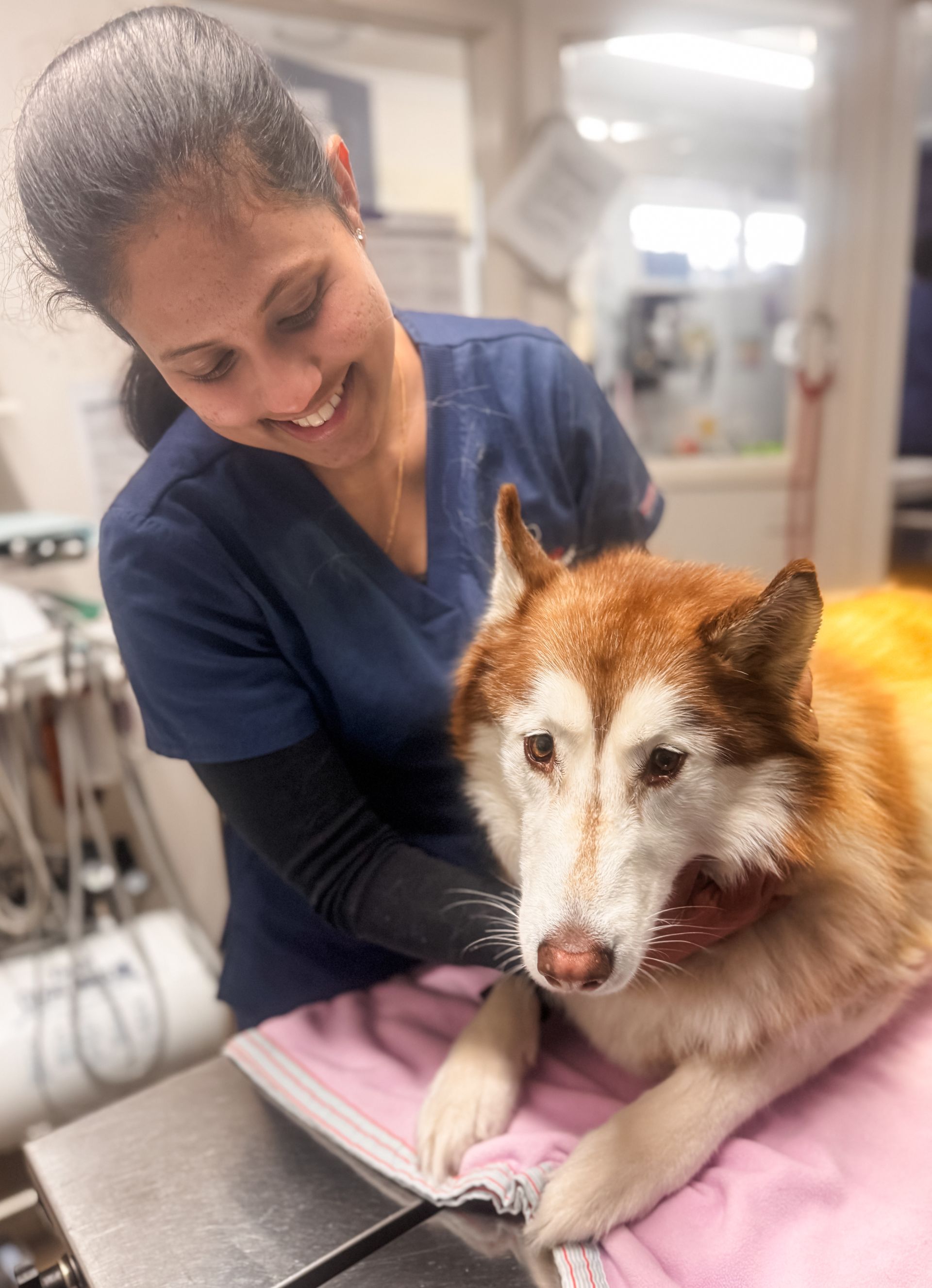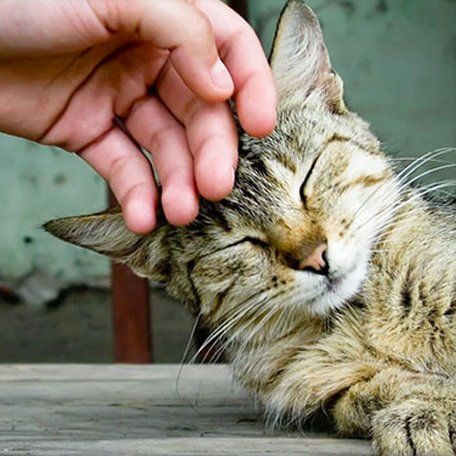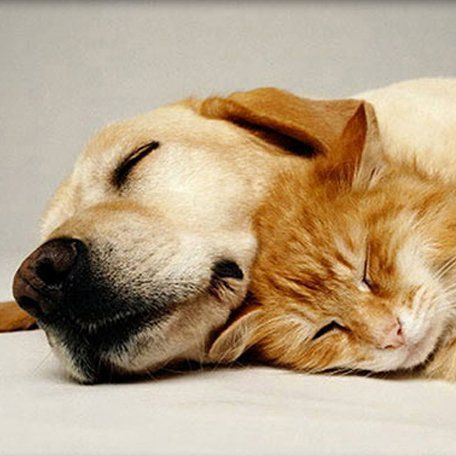Golden Years: Caring for Your Aging Pet
As our pets grow older, they enter a new phase of life that requires extra love, attention, and care. Just like humans, senior pets face unique challenges, but with the right approach, you can ensure their golden years are filled with comfort and happiness.
Recognizing the Signs of Aging
Pets age differently depending on their species, breed, and size. Here are some common signs that your furry friend is entering their senior years:
- Reduced energy levels and increased sleeping.
- Stiffness or difficulty moving, especially after rest.
- Changes in appetite or weight.
- Greying fur around the face and muzzle.
- Behavioral changes, such as increased anxiety or confusion.
Health Check-Ups: A Priority
Regular veterinary visits are crucial for senior pets. These check-ups help detect and manage age-related health issues early. During these visits, your vet may:
- Perform a thorough physical examination.
- Conduct blood tests to monitor organ function.
- Check for dental health issues, such as gum disease or tooth decay.
- Assess mobility and joint health.
Nutrition for Senior Pets
As pets age, their dietary needs change. Here’s how you can support their health through nutrition:
- Switch to Senior Pet Food: These formulas are designed to meet the lower calorie and higher nutrient needs of older pets.
- Monitor Portion Sizes: Overfeeding can lead to obesity, which exacerbates joint problems.
- Consider Supplements: Omega-3 fatty acids, glucosamine, and chondroitin can support joint health and reduce inflammation.
Comfortable Living Environment
Small adjustments to your home can make a big difference for your senior pet:
- Provide a soft, orthopedic bed to ease joint pain.
- Place food and water bowls at an accessible height.
- Use ramps or steps to help them navigate furniture or stairs.
- Keep their living area warm, as older pets are more sensitive to cold.
Exercise and Mental Stimulation
While senior pets may not be as active as they once were, regular exercise is still important:
- Opt for gentle walks or low-impact play sessions.
- Provide puzzle toys or treat-dispensing games to keep their minds sharp.
- Engage in activities that match their energy levels and physical abilities.
Managing Common Health Issues
Senior pets are more prone to certain health conditions, including:
- Arthritis: Look for signs of stiffness or limping and consult your vet for pain management options.
- Dental Disease: Regular dental cleanings and at-home care can prevent gum disease and tooth loss.
- Kidney and Liver Issues: Monitor for changes in drinking or urination habits and seek veterinary advice.
- Vision and Hearing Loss: Keep their environment consistent to help them navigate comfortably.
The Importance of Love and Patience
Above all, senior pets thrive on love and patience. Spend quality time with them, offer plenty of affection, and be attentive to their needs. Their loyalty and companionship deserve nothing less.











